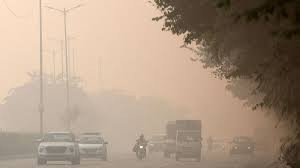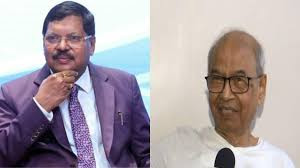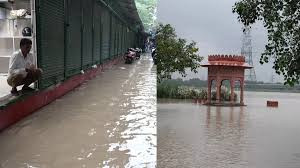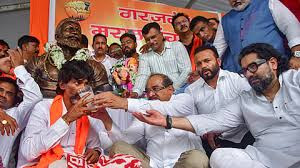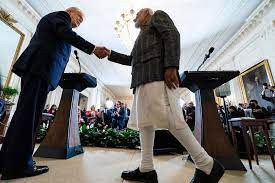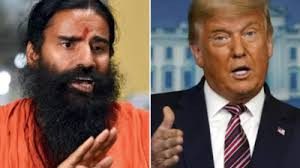India Stands Firm on Oil Imports from Russia, Foreign Minister Rebuts EU Allegations
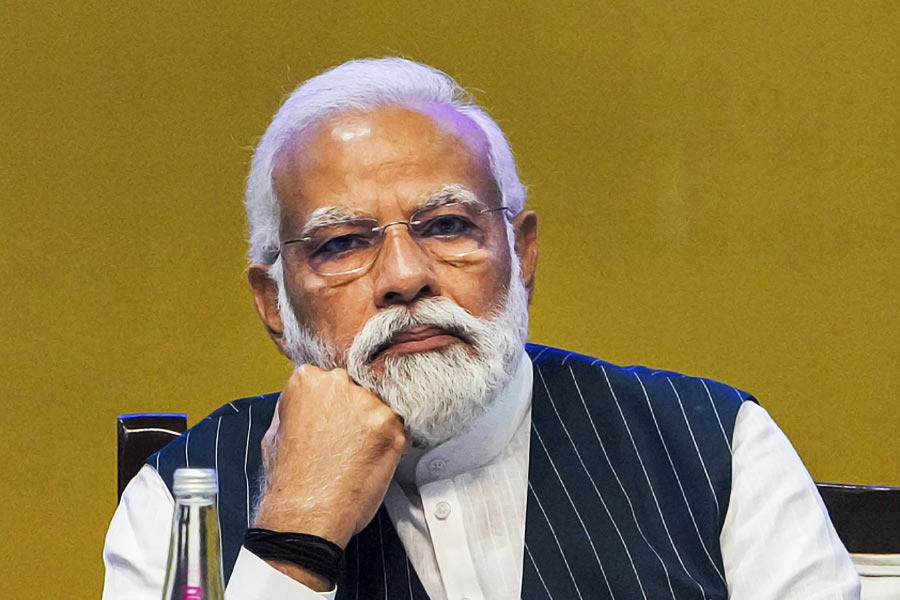
IIE Digital Desk :The Narendra Modi government is once again facing scrutiny, both domestically and internationally, regarding the issue of importing cheap oil from Russia while evading the war market ban. The matter resurfaced during the recent visit of India's External Affairs Minister, S Jaishankar, to Brussels. Joseph Borrell, the Chief of the European Union (EU) Foreign Policy Committee, called for action against Indian refined products derived from Russian crude oil. In response, the Indian Foreign Minister strongly defended the country's position, citing the rules outlined by the Council of Europe.
India exports refined fuels, including diesel made from Russian crude oil, to various European countries. Borrell argued that the European Union should take stringent measures against India in accordance with the ban, as he believes India is circumventing the restrictions on oil imports from Russia.
Foreign Minister Jaishankar provided a stern reply, advising the EU's top diplomat to examine the provisions of the European Council Regulation (Regulation 833/2014). He clarified that if Russian crude oil undergoes significant modification in a third country, it should no longer be considered Russian oil. Diplomatic sources suggest that despite the political controversy, India has effectively managed its foreign currency income and expenditure deficit, known as the 'Balance of Payment,' through the import and export of oil from Russia. By purchasing oil from Russia and refining it at a lower foreign exchange cost, a significant portion is exported abroad, contributing to foreign exchange earnings.
Jaishankar arrived in Brussels as part of a three-nation tour and attended a trade-technology discussion in the Belgian capital. He was accompanied by Union Commerce Minister Piyush Goyal and Union Minister of State for Enterprise, Skill Development, Electronics, and Technology Rajeev Chandrasekhar as Indian representatives. Joseph Borrell was also present at the meeting. Prior to the discussion, Borrell expressed his concerns, stating, "It is normal for India to buy Russian oil, but it is not right for them to sell refined fuel products like diesel made from Russian oil to Europe. The European Union should take action against this."
Jaishankar addressed Borrell's remarks during a press conference following the meeting, although Borrell himself was not present at the time. Margrethe Vestager, the executive vice-president of the European Union's competition committee, represented the EU. In response to Jaishankar's comments, Vestager emphasized the legal basis of the ban without casting blame and urged both India and the EU to engage in discussions as friends.
This is not the first time the EU has raised objections to India's oil imports from Russia. Efforts to pressure India into severing trade ties with Russia in light of the Ukraine conflict have been ongoing. However, Jaishankar has consistently defended India's oil imports from Russia, highlighting the stark difference in trade volumes. He made it clear that the amount of oil Europe imports from Russia in a day, India imports in a month. Jaishankar presented data indicating that European countries engage in far more trade with Russia than with India.
You might also like!


